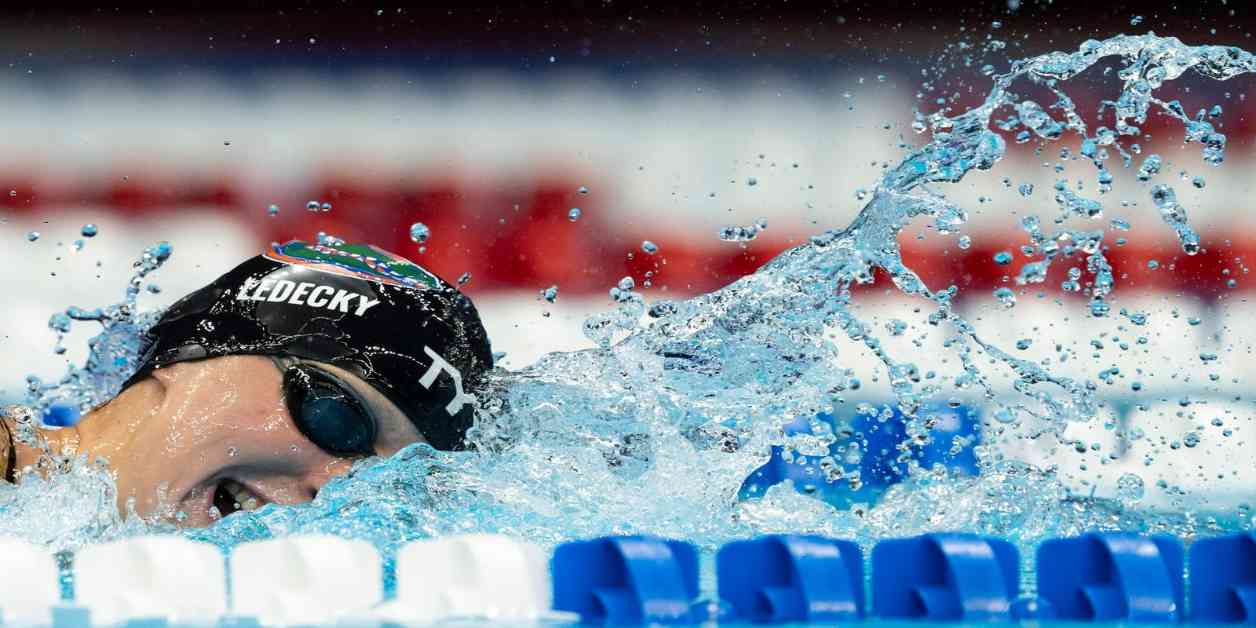As the 2024 Paris Olympics draw near, athletes are facing challenges due to high levels of fecal bacteria in the River Seine, where marathoners and triathletes are set to swim. Swimming in the Seine has been prohibited since 1923, but the organizers of the Olympics have invested $1.5 billion to improve the water quality for the upcoming games. This decision has been met with some criticism, with Parisians even threatening to defecate in the river in protest of the funds allocated to river clean-up instead of social issues.
However, the River Seine is not the only swimming venue for the 2024 Paris Games. Olympic swimming pools are an essential part of the competition, but have you ever wondered how many gallons of water are in an Olympic swimming pool? While there is no exact requirement, Olympic swimming pools typically hold around 660,000 gallons of water. To put this into perspective, residential pools usually contain only 15,000 to 48,000 gallons of water.
So, how is the volume of an Olympic swimming pool calculated? The formula for finding the volume of a rectangular prism involves multiplying the length by the width by the height. According to World Aquatics, Olympic swimming pools must be 50 meters long and at least 2 meters deep, with pools for artistic swimming being even deeper at 3 meters. With lane dimensions in mind, Olympic pools are usually 25 meters wide. By converting these measurements from meters to feet, we can calculate that an Olympic swimming pool has a volume of approximately 660,245 gallons.
The swimming events at the 2024 Olympics are set to begin on July 27, with women’s races scheduled from 5 a.m. to 3:37 p.m. and men’s races from 5 a.m. to 3:50 p.m. ET. Most of the swimming events will take place in La De?fense Arena’s 660,000-gallon Olympic swimming pool, while the Seine will be utilized for the triathlon and marathon swimming races.
In addition to showcasing the excellence of athletes from around the world, the Olympics also raise interesting questions and spark curiosity. If you have ever wondered about topics like which country has won the most Olympic medals or when the first Olympics took place, USA TODAY’s “Just Curious” section aims to provide answers to these common questions and more. Explore the world of the Olympics and satisfy your curiosity with our informative content.
As we eagerly await the 2024 Paris Games, the excitement and anticipation continue to build. Stay tuned for more updates, insights, and coverage of the upcoming Olympics.
